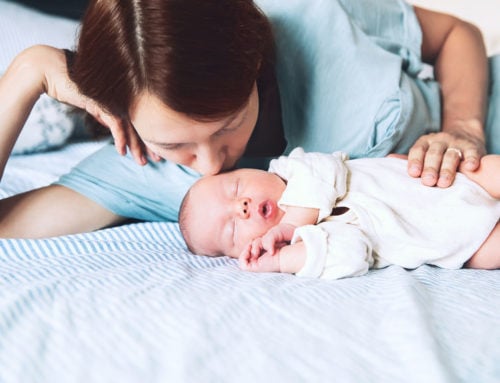
Physical, emotional and lifestyle factors contribute to the causes of postpartum depression.
The following are symptoms of the expected feelings you might have postpartum. They usually resolve themselves within a few weeks.
- Mood swings – happy one minute, irritated or crying the next.
- Stress
- Trouble sleeping
- Feeling overwhelmed
- Crying for no reason
- Trouble concentrating
Symptoms of Postpartum Depression
These are more intense feelings and might interfere with taking care of your baby and yourself. If untreated or undiagnosed, postpartum depression may last for months or longer.
- Little desire for food
- Trouble sleeping
- Angry feelings
- Feeling overwhelmed
- Feeling exhausted
- No interest in sex
- No joy
- Consumed with feeling bad about yourself
- Mood swings
- Trouble or no desire to bond with your baby
- Isolating yourself from family and friends
- Thinking about hurting yourself or your baby
Symptoms of Postpartum Pychosis.
This is a rare but very serious condition that usually develops within the first weeks after delivery.
- Feeling confused
- Being delusional and hallucinating
- Feeling paranoid
- Attempting to hurt yourself or your baby.
If you have these feelings, or see them in someone who is a new mother, it is important to get help immediately. Do not let shame, guilt, denial or embarrassment keep you from getting the help you need.
When should I contact my doctor about postpartum depression?
- If the symptoms you have last beyond a couple of weeks
- If the symptoms are worsening
- If you have a hard time taking care of your baby or getting anything done
- If you continue to have thoughts of hurting yourself or your baby
Contact your neighborhood Texas Health Care Obstetrics & Gynecology if you experience these symptoms. Your Texas Health Care Obstetrics & Gynecology Physician would be happy to discuss treatment options.






